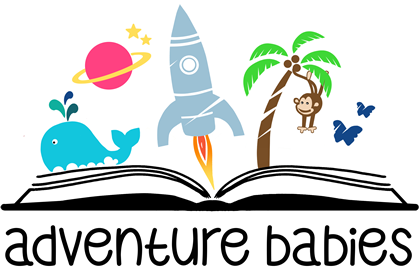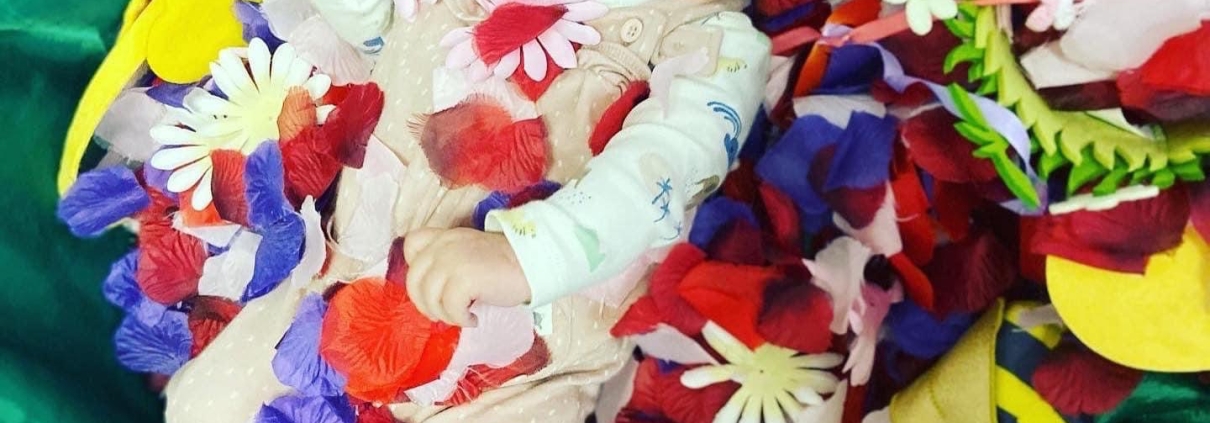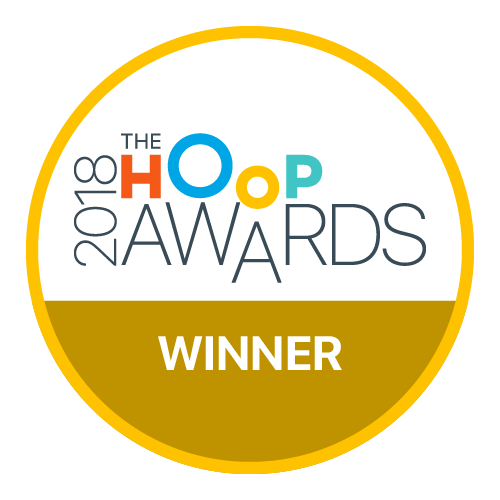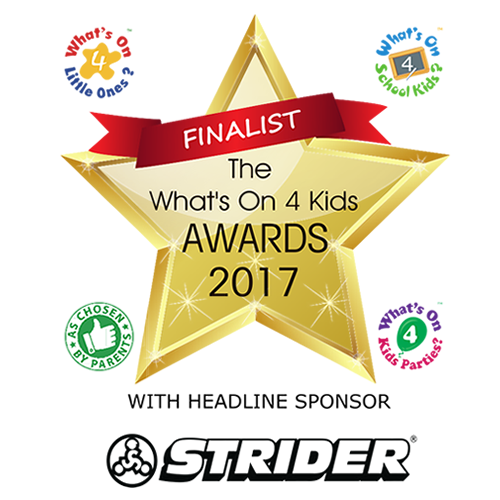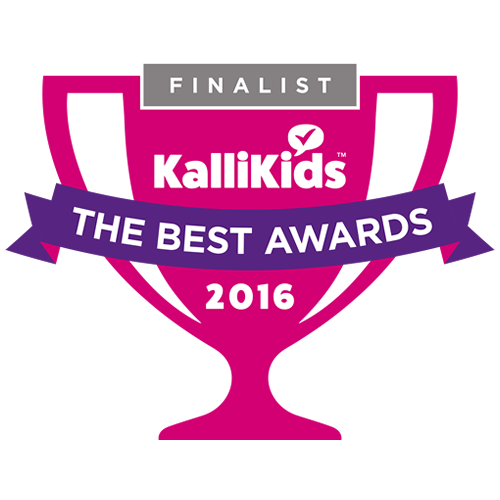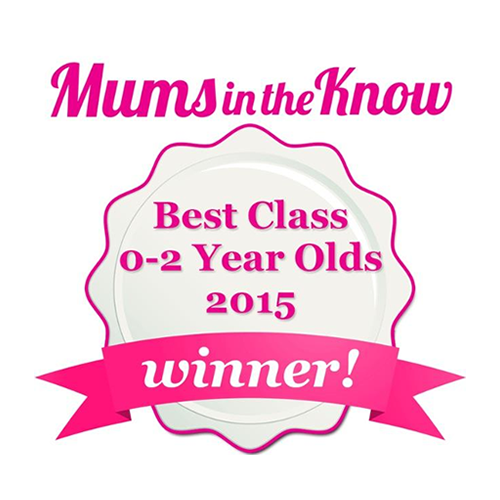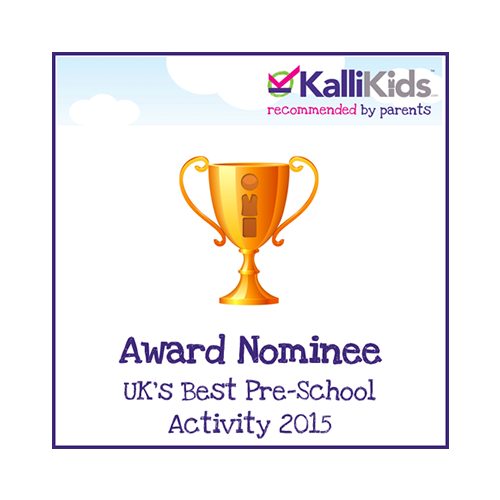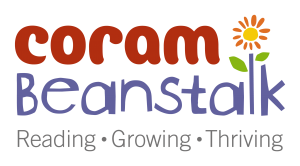When Will Your Baby Say Their First Word
Ah, the delightful journey of language development in babies! As language experts here at Adventure Babies, let me share some insights into when all that charming babbling and cooing typically transforms into their very first word.
Firstly, it’s essential to understand that language development in babies is a gradual process, and the timing can vary significantly from one child to another. On average, most babies say their first word around the age of 9 to 14 months. However, it’s entirely normal for some to start a bit earlier, while others may take a little more time. The key is to provide a nurturing and language-rich environment for your little one to thrive.
Here are some milestones and factors that can give you an idea of when to expect that first word:
1. Babbling Stage: Around 6 to 8 months, babies typically engage in babbling. These are repetitive, vowel-consonant combinations like “bababa” or “dadada.” Babbling is a precursor to spoken language and a positive sign of speech development.
2. Social Interaction: Babies who are approaching their first word often exhibit a heightened interest in social interaction. They may make eye contact, smile, and respond when you talk to them. These interactions are essential for language development.
3. Imitation: Look for signs that your baby is trying to mimic sounds or words you say. They might repeat simple sounds or syllables, indicating their readiness to take their first linguistic steps.
4. Contextual Awareness: As they get closer to that first word, you may notice that their sounds become more contextually relevant. They might say “mama” or “dada” in the presence of their parents, or the name of a favourite toy or pet when they see them.
5. Receptive Language: While they may not say their first word just yet, babies often understand more words than they can express. They may respond to simple commands like “wave bye-bye” or “clap your hands.”
6. Encouragement: Encourage their budding language skills by talking to them, reading to them, and singing songs. This helps build their vocabulary and comprehension.
Remember, the first word may not be crystal clear; it might sound more like a simplified version of the actual word. Don’t be surprised if “mama” is “mamamama” or “dada” is “dadada” at first. These early attempts are adorable and a significant step in their language journey.
While there’s a typical age range for a baby’s first word, it’s important to embrace the uniqueness of your child’s development. Be patient, create a language-rich environment, and savour every moment of this incredible linguistic adventure as your baby takes their first steps into the world of words.
